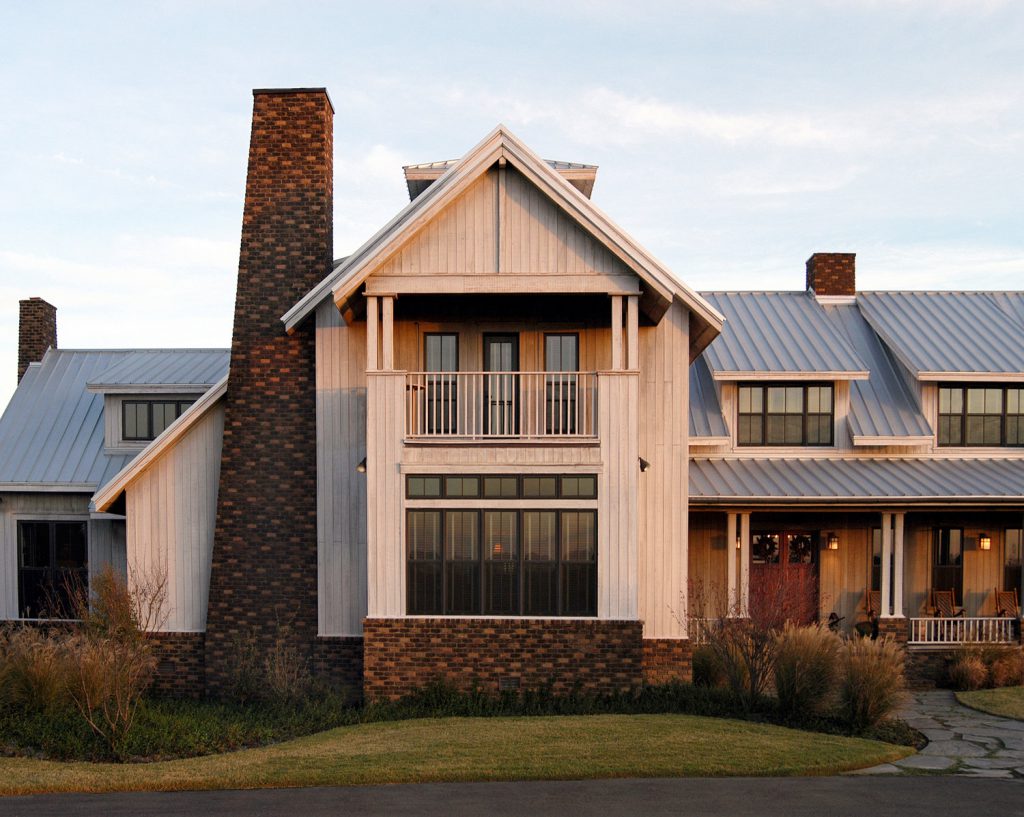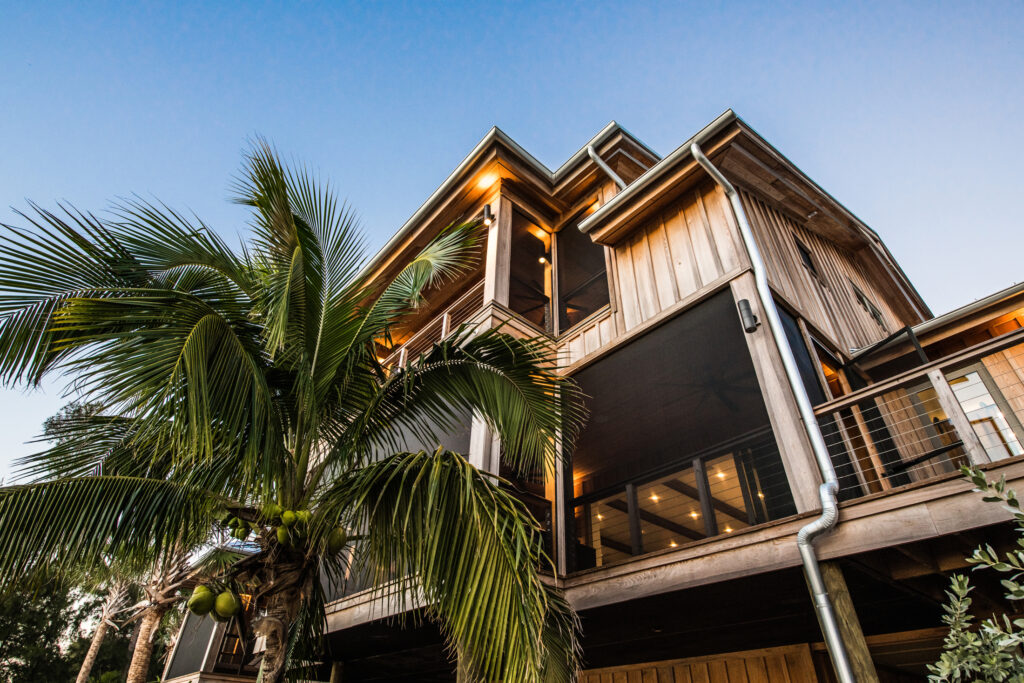Looks matter and first impressions count! So to pique the interest of potential buyers, refresh your home’s exterior and boost the curb appeal with new siding. In-the-know design pros are choosing cypress siding for the upgrade. It looks great and can last a lifetime, no matter what Mother Nature might have in store.
“Cypress siding offers the complete package,” says Zack Rickman of the Southern Cypress Manufacturers Association. “It’s not only beautiful, it offers proven outdoor performance by naturally repelling insects—like termites and carpenter bees—and minimizing decay, chemical corrosion, and other damaging elements.”

Be informed
Wood siding offers a timeless look that is often imitated, but never really duplicated. And while there are many siding products to choose from, homebuilder Stephen Ellis, MGB Fine Custom Homes of Sarasota, Florida, chooses cypress. And for good reasons!
“Often we clad our homes entirely in cypress,” he says. “It’s a material we enjoy working with because it’s dimensionally stable and holds up well in our humid, coastal environment. And it’s locally sourced, which is something homeowners are valuing now more than ever. Ultimately, the decision comes down to the architectural style of the home, maintenance, and cost. I do my best to help homeowners make an informed decision based on their goals.”
When it comes to picking a siding style, cypress is available in all the popular patterns, like traditional bevel or modern shiplap. Yet in Ellis’ area, he’s seeing a different trend. “These days, we’re putting up a lot of board and batten,” he says. “It’s always been popular for farm houses, but it looks great on beach homes and complements the casual, relaxing vibe.”

Expert advice about finishing options
“If you’re drawn to cypress’ natural honey-like hues and want to enhance the natural richness of its color and grain pattern, focus on semi-transparent, oil-based stains,” Rickman advises. “These products provide superior protection because they penetrate the wood and allow it to breathe, whereas water-based stains sit on the surface and are prone to peeling and cracking.”
If a cleaner, solid color look is more your style, Rickman says 100 percent acrylic latex paint, with a compatible primer, is the way to go to ensure cypress’ best performance.
Architect John Harrison Jones, Memphis, Tennessee, says some of his clients prefer the weathered wood look. “It’s contextual to our region and environment,” he says. “And while cypress is naturally decay and water resistant, I still recommend applying a water-repellent sealer to provide added protection. Some products include an ultraviolet light inhibitor to block the sun’s rays and prevent premature graying. Nevertheless, cypress will weather to a light gray patina over time.
“If you want the weathered look now, consider applying a bleaching stain with a subtle gray tint. But, be careful not to
apply too much because it can get too light. Test it out on a piece of scrap wood first.”
Whichever finish you choose, Rickman recommends to always apply stain, primer, or sealer to all sides and edges of the boards. “This will protect the wood from moisture and prevent problems down the road,” he says. “And perhaps most importantly, make sure to follow the finish manufacturer’s instructions.”




